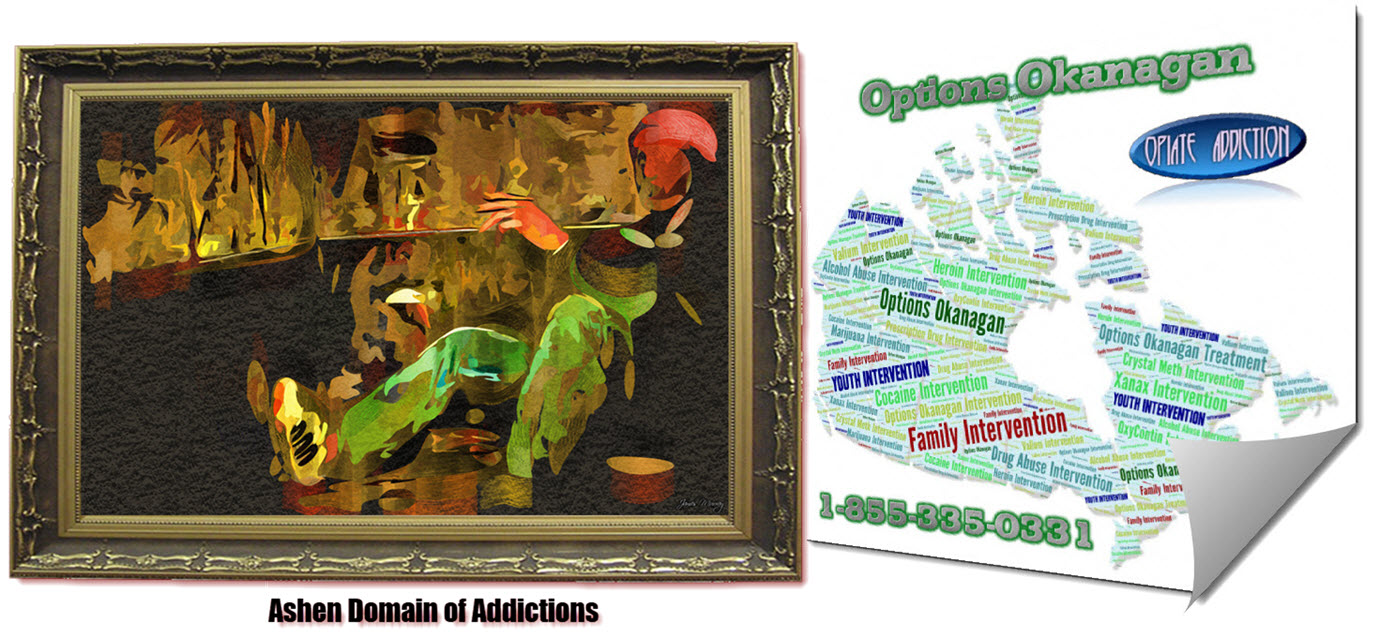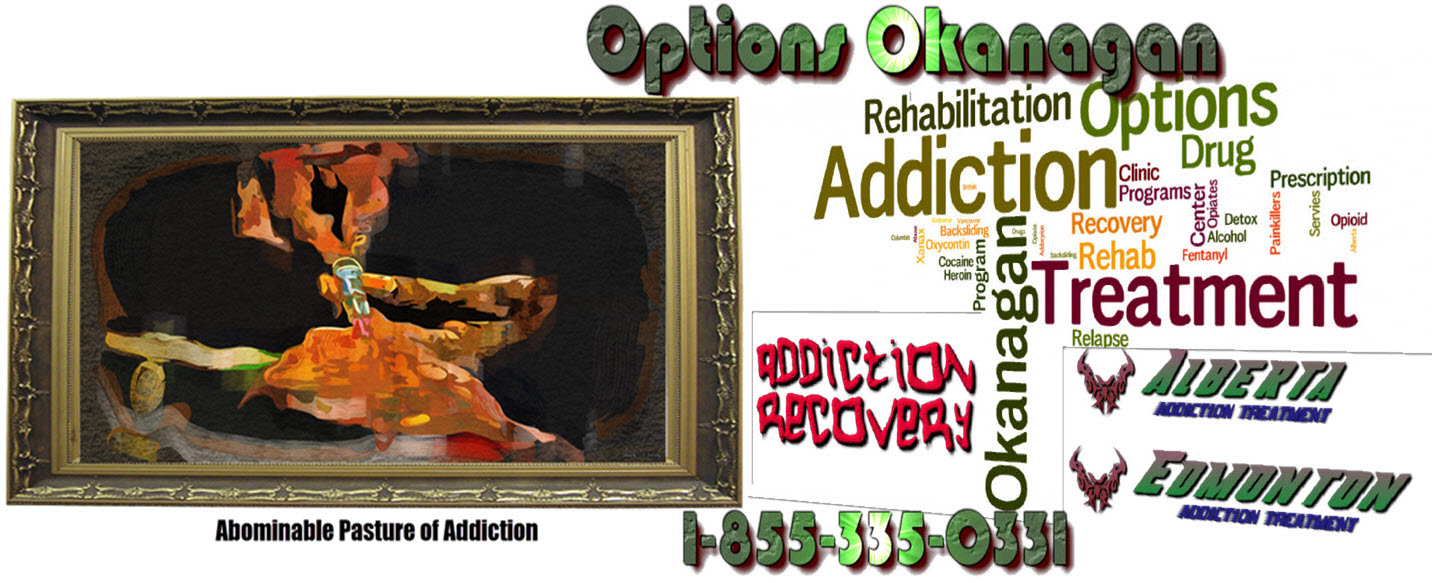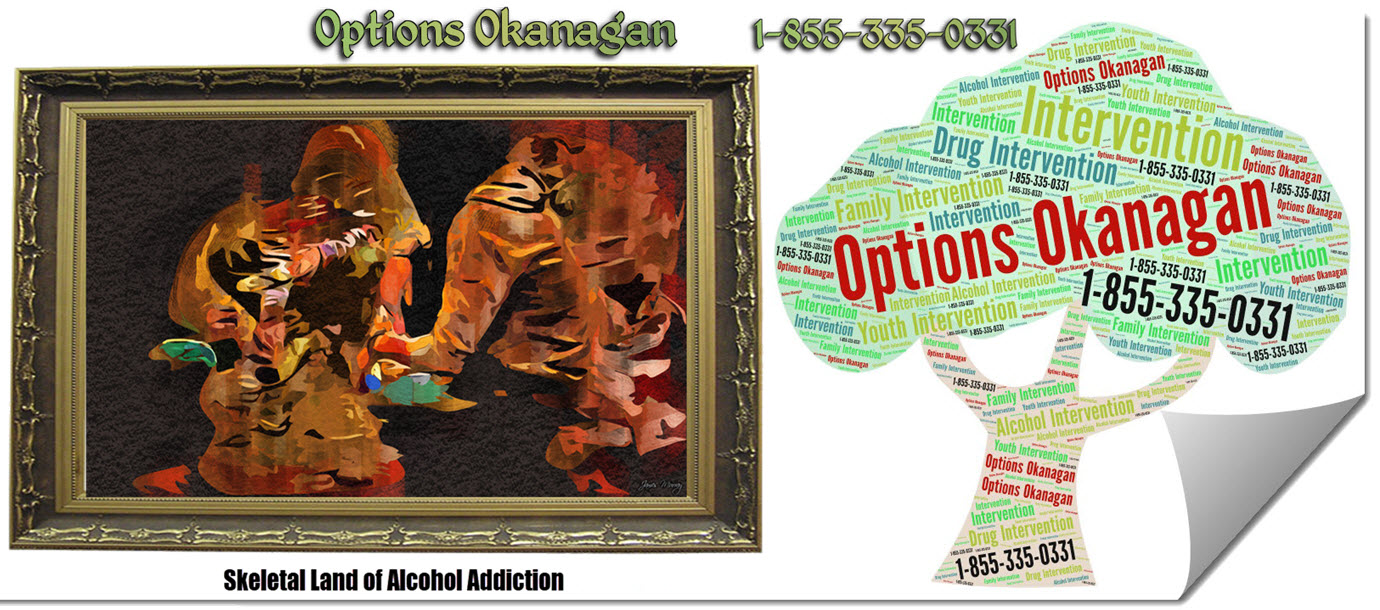The reality or truth about a person surviving a drug overdose (ODs) – Opiate and prescription drug intervention in British Columbia and Alberta – Options Treatment Center in Kelowna, British Columbia treating prescription drug, opioid, opiate, fentanyl, heroin, and alcohol addiction and recovery.
Prescription Drug Rehabs In Alberta And BC
An overdose could be fatal and killed more than 75,000 North Americans in 2019. But what happens to those lucky enough to survive? What happens after the naloxone dose restarts the heart? In some cases, even though they are still alive, their life as they know it is over.
People think that if you overdose on drugs, you will die or be fine, but this is not true, not the reality of overdoses.
About five years ago, Alice’s son, John, overdosed on heroin laced with fentanyl. He was not breathing when he was found and no one knows how long he was without oxygen. The hospital physician did not think he would survive that night. He did and a month later he was successfully transferred from the intensive care unit. But even after rehabilitation, outpatient therapy, and 24/7 hospitalization, John will likely never be able to feed himself, use his hands, or speak clearly. The case is anything but ordinary. More and more hospital physicians are seeing that people are overdosing on opioids and continue to live with physical traumas, brain injuries, lung injuries, and many other long-term side effects.
A person’s breathing becomes very slow during an opioid overdose and their heart starts to have abnormal rhythms and can even stop, or cardiac arrest and breathing will stop completely and then oxygen no longer flows to the brain and now what happens is permanent brain damage will or might occur within minutes.
Opioid overdoses are more common and dangerous than ever, mainly due to the spread of fentanyl, which has an immediate effect. If someone has overdosed on heroin, they can take the drug and then continue a conversation for a while. After that, the person suddenly stops talking and you see and realize that they have overdosed. But with fentanyl, after they finished injecting the drug, they didn’t even have time to remove the needle from their bodies and they are now on the ground.
In many cases, naloxone can help treat opioid overdoses. However, providing this antidote as quickly as possible is essential when it comes to fentanyl. Because of its effectiveness, a single dose of naloxone is rarely sufficient to reverse fentanyl overdoses. In numerous cases, when people start breathing again, the damage is often irreparable.
Although there is no brain damage, other serious consequences can occur. Alex, 25, is another addict who overdosed on opioids and survived, but the day’s effects had a lasting impact on his life. He admitted to being passed out and his upper body fell between his legs, cutting off circulation in his lower half for more than 8 hours. She spent two weeks on life support, suffered from liver and kidney failure, and eventually had both legs amputated.
Although not everybody who will survive an opioid overdose is comatose or is seriously injured, the number of injuries and disabilities caused by overdoses ranges from mild to severe. A metropolitan emergency doctor and the region’s busiest emergency room stated at least 75 percent of patients who arrive after overdoses have an associated injury.
Researchers are also concerned that we don’t have enough information to understand the true neurological effects of opioid overdose, especially when it comes to people who look good at first sight after an overdose. The fear is that when a person has gone through repeated overdoses, even if they do not have body or organ damage, will have permanent side effects later. There have been many individual reporting on increased clinical depression, suicidal thinking, and impulsivity in overdose victims, and these are very similar to individual changes in people with chronic traumatic encephalopathy or CTE, a type of brain degeneration caused by repeated head traumas which a lot retired NFL players have gone through, claims a senior public health analyst.
Options Okanagan Opiate and Alcohol Treatment Centers in Kelowna, Salmon Arm and Vancouver, British Columbia – Men and Women are recovering and healing from Alcohol and Drug Abuse at our treatment center here in the Okanagan right now.
Our unique and distinctive Opiate Drug and Alcohol treatment program allows men and women to come in from Calgary as well as Edmonton as we offer airport pickup.
Numerous clients come to us from Vancouver, Calgary, and Edmonton and other locations in Alberta and even other provinces for Opiate addiction treatment, heroin drug treatment, many other drugs, and alcohol addictions for rehabilitation because of the uniqueness of our treatment center.
Our (Kelowna) Alcohol and Drug Treatment Program Location:
(Not Mailing Address) – Contact Us – Web Page
For Mail Delivery :: Please contact each center for correct mailing addresses, also this location is the location of our residential treatment programs in Kelowna. Please call Toll Free 1-855-335-0331 – to contact the treatment center you are going to for the address and directions.
Options Okanagan Drug and Opiate Treatment Center
551 Sherrydale Crescent, Kelowna, British Columbia, V1V 2E6
Toll-Free Phone Number: 1-855-335-0331




